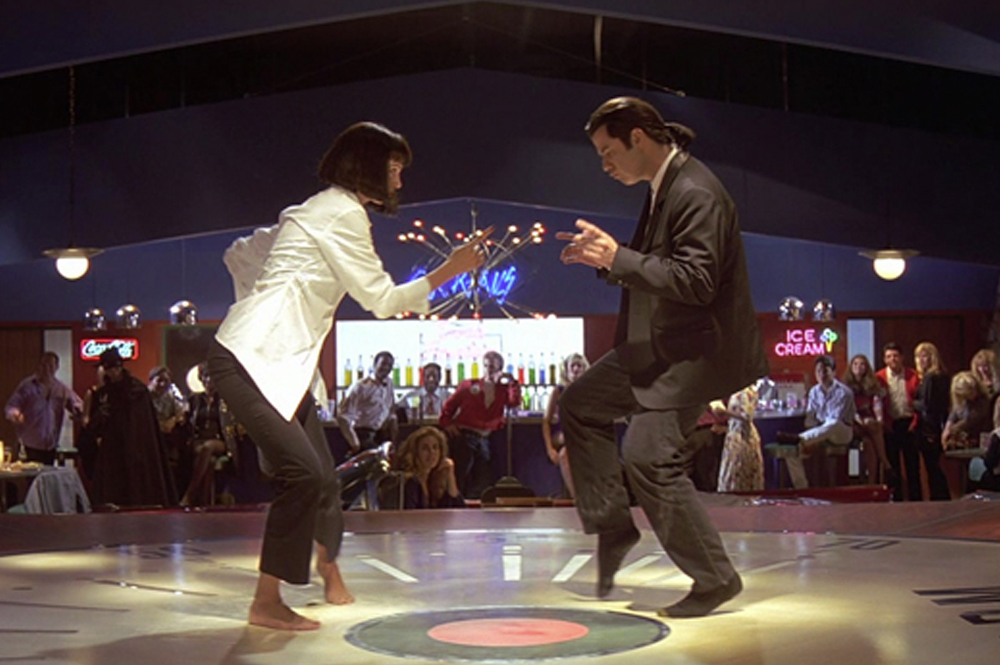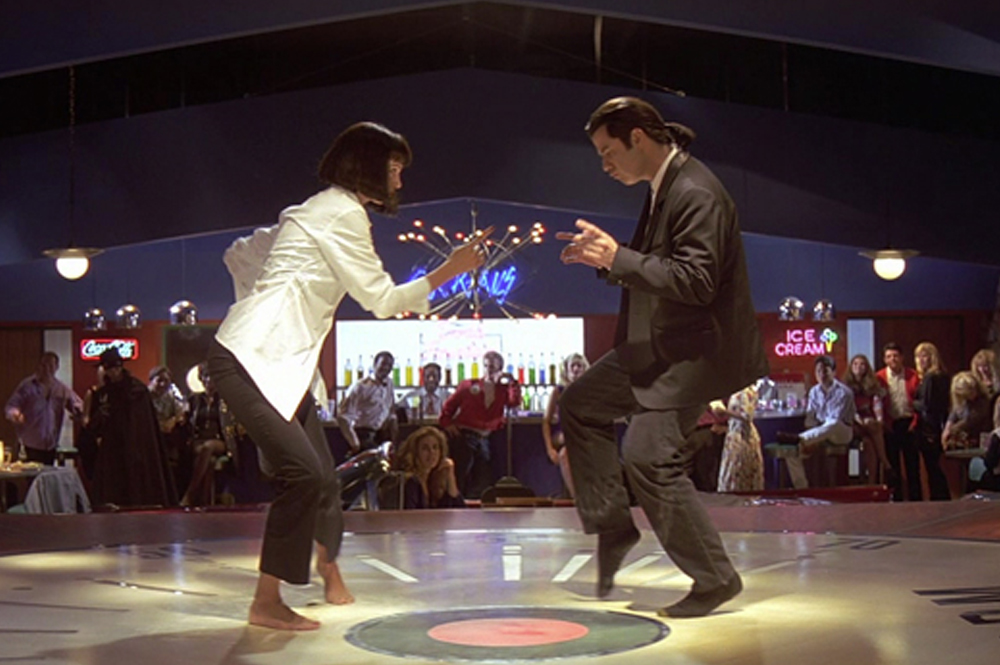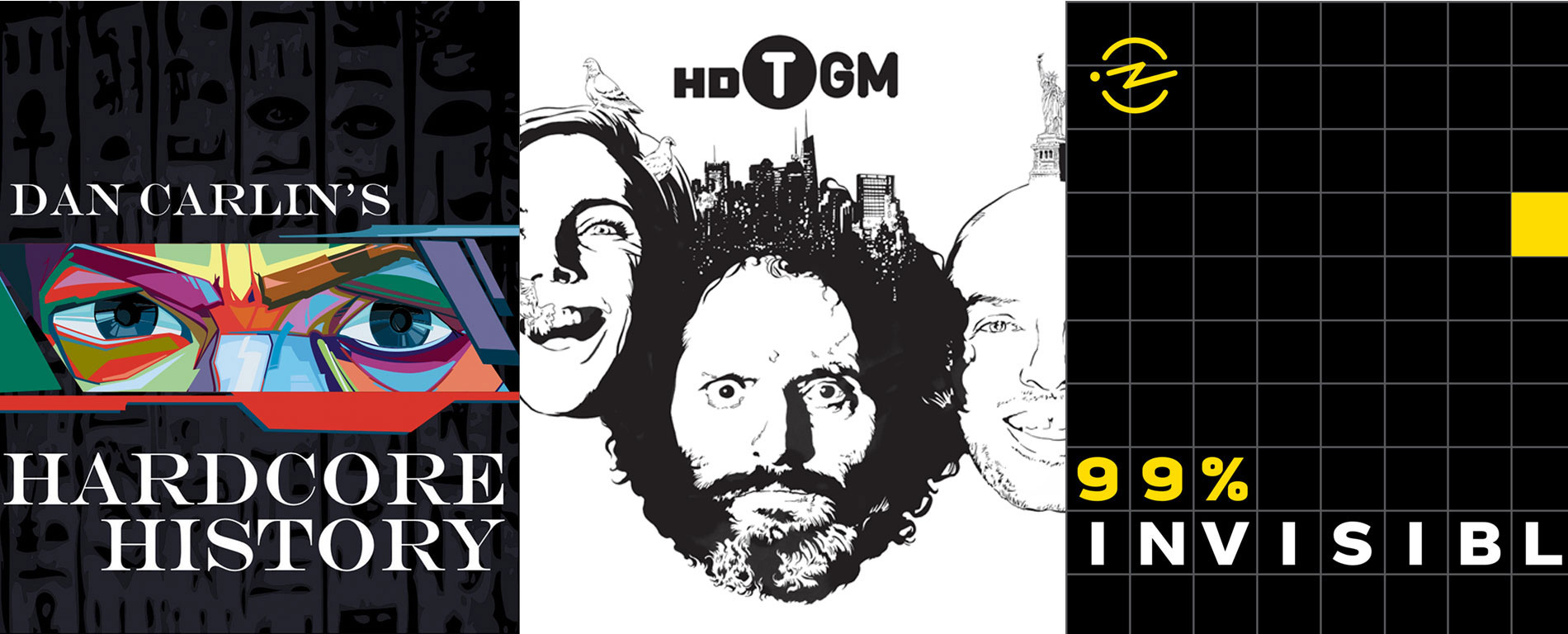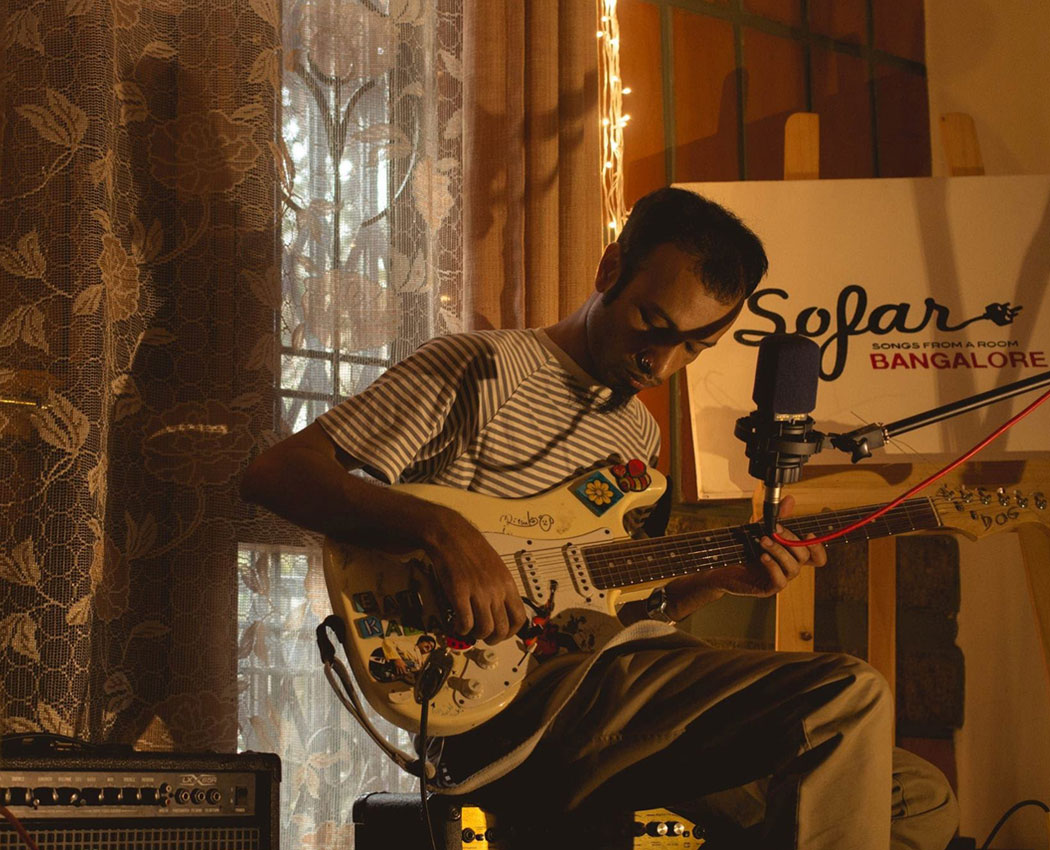
Nothing makes a movie buff’s heart happier than a scene that’s been impeccably thought-out from start to finish. While cinematography is the backbone of most iconic scenes, music is its soul. There’s very little that can give as much essence to a visual piece as well-curated music — after all, it’s only when all senses are engaged that an experience worth-savoring is born.
Here are a couple of scenes that manage to strike all the right chords I didn’t know I had.
Baby Driver’s Opening Scene: Bellbottoms (Jon Spencer Blues Explosion)
With a cinematography and narrative literally driven by music (pun intended), Edgar Wright’s Baby Driver does justice to every song it uses. And considering how spoilt for choice I am, I’ll just go with the opening scene.
Bellbottoms feels like it was composed in 1994 for this very moment, to create this specific 6-min sequence tailor-timed to its tempo. Right from the gum-chewing to the traffic, everything is in sync with this punk blues number — not to mention the exhilarating contrast the upbeat tune brings to the intense scene. It single-handedly conveys how Baby, while being an escape driver, wants nothing to do with crime and its consequences. Trust Edgar Wright to hit a musical bullseye for every one of his movies.
Wonder Woman’s Fight Scene with Germans: Wonder Woman Theme song (Tina Guo)
It can be nerve-daunting to be asked to make a theme song for the most intimidating woman superhero of all times. For Tina Guo, it was a challenge she embraced in the best possible way; giving us a musical masterpiece worth featuring in a museum.
A scene as powerful as Gal Gadot’s encounter with the German soldiers demanded just this — a song that’s motivating, badass, and emotional, all at the same time. DC does indeed make captivating fight scenes, and Tina’s composition complements this one satisfyingly well. By effectively adding that extra dose of inspiration to an already empowering movie, the theme song itself emerges as a hero in its own measure.
Pulp Fiction’s Dance Sequence: You Never Can Tell (Chuck Berry)
When it comes to Quentin Tarantino’s eye for detail, we’re bound to expect nothing short of perfection. The song decision for this sure-to-be iconic moment in movie history might have been an intimidating one — but he knew classic was the way to go.
Uma Thurman, on the other hand, wasn’t too convinced about this Chuck Berry piece. She told Tarantino it didn’t sound right, and he disagreed. He reportedly said “Trust me, it’s perfect”, and right indeed he was. It had all the tension and motivation the scene needed, doing full justice to Uma and John’s dancing prowess. Apart from being obviously peppy, fun, and rock n’ roll to its very nerve, the lyrics (which are quite fascinating on their own) talk about a vintage red cherry car — and guess what car Mia Wallace owned!
Trainspotting’s ‘trip’ scene (1996): Perfect Day (Lou Reed)
Danny Boyle, like Tarantino, is incredibly versed at choosing only but the perfect music for his movies. With the very cornerstone of Trainspotting being the effect of hardcore drugs, it was but understood that music would play a significant role in the movie.
Soundtracking a happily-drugged scene can be complicated, considering a) the actor’s state-of-mind needs to be established, and b) there isn’t much dialogue, so the song gets complete attention. By using Lou Reed’s Perfect Day, Boyle hands us Mark Renton’s mind on a plate. This simultaneously calming, scary, nostalgic, and disturbing composition is used to depict what Mark feels after injecting himself — which, in a nutshell, is bliss amid oblivion and existential denial.
Background music does to mind what a glass of wine with your meal does to your sensibilities. On a lighter note, it’s quite a delight when your senses are screaming for help because a scene has left you so shook.
Nothing makes a movie buff’s heart happier than a scene that’s been impeccably thought-out from start to finish. While cinematography is the backbone of most iconic scenes, music is its soul. There’s very





